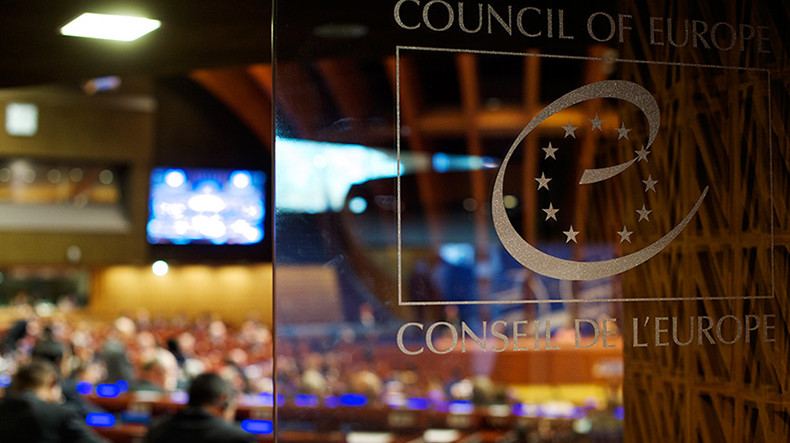
GRECO issues critical assessment of PACE integrity framework
The Group of States against Corruption (GRECO) today published an assessment of the Code of Conduct for Members of the Parliamentary Assembly of the Council of Europe (PACE) in which it identifies significant shortcomings and points out the need for a number of improvements.
As the release of the organization’s webpage reports, the President of GRECO, Marin Mrčela, welcomed the steps taken by the Assembly to address the allegations of corruption it has been facing. ”Preventing and countering corruption starts from our doorsteps. I trust that the Parliamentary Assembly will take GRECO’s views into account when reviewing and strengthening its integrity framework”, he said.
GRECO prepared the assessment following a request by PACE’s Committee on Rules of Procedure, Immunities and Institutional Affairs, the source added.
Overall the assessment contained 12 recommendations aimed at improving regulatory framework, including the restrictions and declaratory obligations concerning gifts and other benefits of the members. It is noted that the ad hoc disclosure of possible conflicts of interest (when such a situation arises) is not clearly and consistently required in relation to all parliamentary activities. PACE also has no mechanism for the systematic, periodic declaration of interests, income and assets – a system which is becoming standard practice in many Council of Europe member states. Moreover, while
PACE has played a key role in promoting the need to regulate and increase the transparency of lobbying and third party contacts, the latter are not properly and comprehensively regulated as regards PACE itself.
To note, the Group of States against Corruption (GRECO) is the Council of Europe anti-corruption body. It aims to improve the capacity of its members to fight corruption by monitoring their compliance with anti-corruption standards.
To remind, anti-corruption investigation against high-level PACE delegates was launched following a series of scandals involving millions of dollars of cash given to some of its members in return for defeating decisions critical of Azerbaijan. The so-called “caviar diplomacy” have swirled around the Council of Europe’s parliamentary assembly for years, with Azerbaijan accused of offering cash and luxury gifts in exchange for favorable votes.
Newsfeed
Videos






























